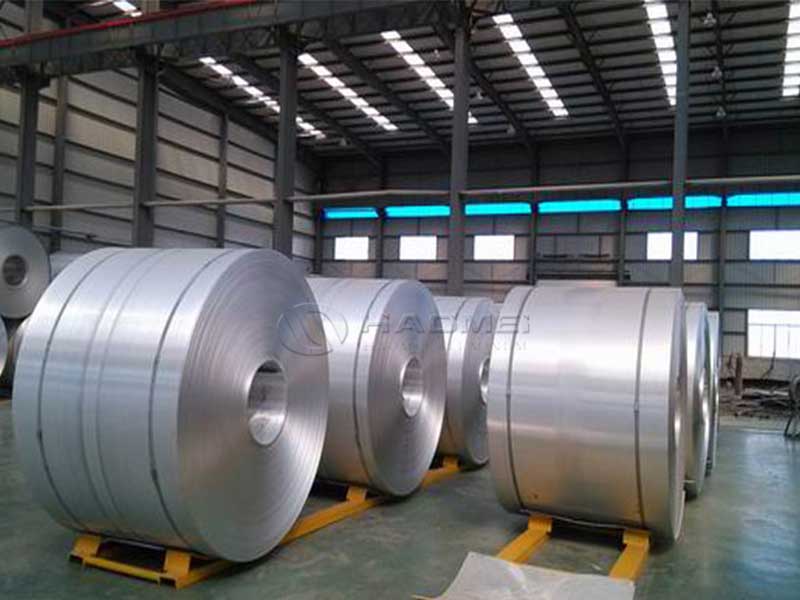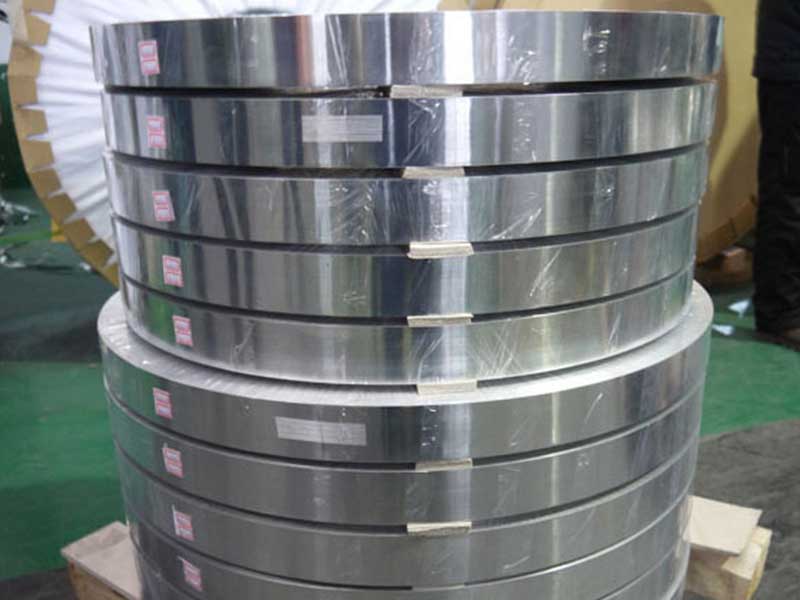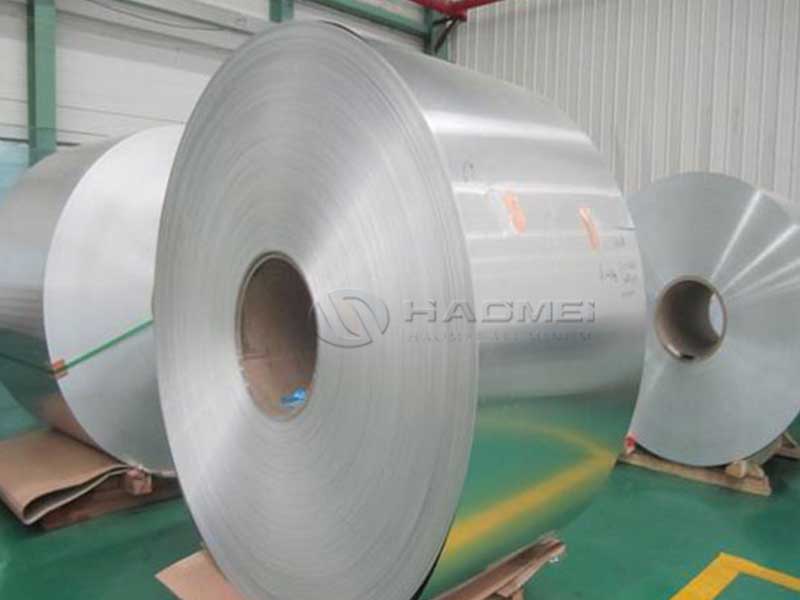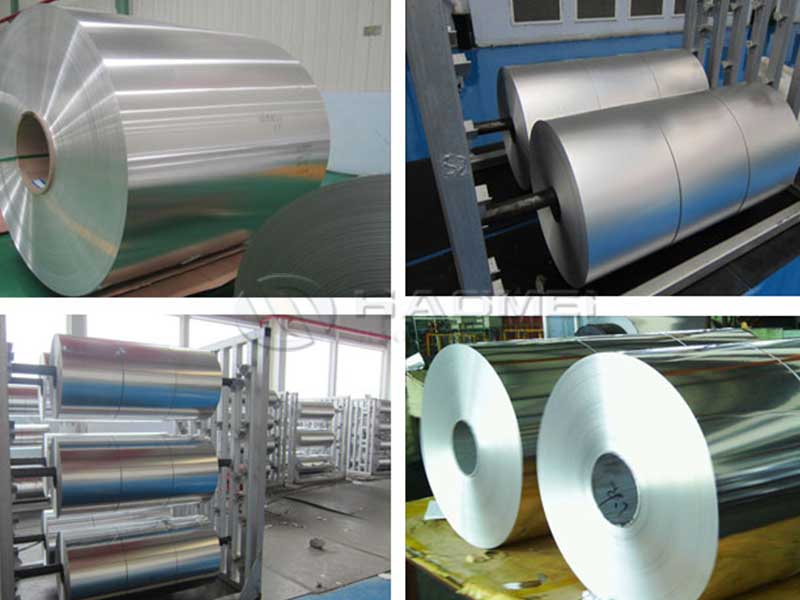Introduction
In recent years, the demand for electric vehicles (EVs) has surged due to the growing concerns over environmental sustainability and the need for energy-efficient solutions. At the heart of this revolution is the lithium ion battery, a technology that depends heavily on advanced materials—including carbon coated aluminum foil. This article explores the role of carbon coated lithium ion battery aluminum foil in improving battery performance and how it paves the way for a greener tomorrow.
What is Carbon Coated Lithium Ion Battery Aluminum Foil?
Carbon coated aluminum foil is a specialized material designed for use in lithium ion batteries. The thin layer of carbon applied to the aluminum foil enhances the electrochemical properties and conductivity of the aluminum, enabling better performance in energy storage applications. This innovative combination optimizes the surface area of the aluminum, allowing for faster ion exchange, which is crucial for the efficient functioning of lithium ion batteries.
Key Benefits of Carbon Coated Aluminum Foil in Lithium Ion Batteries
-
Improved Conductivity: The carbon coating enhances the electrical conductivity of the lithium ion battery aluminum foil, which is essential for high-performance batteries. This allows for quicker charging and discharging capabilities, leading to shorter downtime and improved usability for consumers.
-
Increased Battery Life: By reducing the internal resistance within the battery, carbon coated aluminum foil contributes to a longer lifespan for lithium ion batteries. As manufacturers seek to create batteries that last longer and perform better, this material is proving to be a game-changer.
-
Enhanced Cycle Stability: Lithium ion batteries experience stress during charging and discharging cycles. The carbon layer on the aluminum foil helps mitigate this stress, resulting in improved cycle stability and reduced degradation over time. Consequently, this stability translates into safer and more reliable battery performance.
-
Weight Reduction: As the automobile industry moves towards lightweight materials for improved efficiency, carbon coated aluminum foil presents an optimal choice. The reduction in overall battery weight contributes directly to a vehicle's performance and range, making EVs even more appealing to consumers.
Applications in Electric Vehicles
The integration of carbon coated aluminum foil into lithium ion battery production is particularly pertinent for electric vehicles. As automakers aim to increase the range of their electric models while optimizing performance, this innovative foil plays a critical role. Major automotive manufacturers are now investing in research and development to incorporate this advanced material into their battery systems, aiming to offer electric vehicles with extended ranges and faster charging times.
Moreover, as the push for renewable energy continues, the demand for efficient energy storage solutions is more important than ever. Carbon coated aluminum foil not only aligns with the manufacturing processes of electric vehicle batteries but also enhances their environmental viability through more efficient resource use and reduced energy consumption during operation.
The Future of Carbon Coated Lithium Ion Battery Aluminum Foil
As the market for electric vehicles continues to evolve, the need for innovative materials like carbon coated aluminum foil will become increasingly vital. With advancements in battery technologies and manufacturing processes, we can expect to see even more enhancements in battery performance, safety, and longevity.
Manufacturers are now more focused on optimizing every aspect of the production process. The versatility and effectiveness of carbon coated lithium ion battery aluminum foil makes it an essential component in achieving these advancements. Additionally, ongoing research and development will likely yield further benefits, elevating its role in the realm of energy storage solutions.
Conclusion
In conclusion, carbon coated lithium ion battery aluminum foil is not only playing a crucial role in enhancing the performance of electric vehicle batteries but also helping to shape the future of energy storage. As more manufacturers adopt this high-performance material, we can anticipate improvements in battery technology that will ultimately lead to more efficient, reliable, and environmentally friendly electric vehicles.
The future of transportation might just be on the horizon, made possible by the innovative, sustainable solutions like carbon coated aluminum foil. Embracing such advancements will pave the way for a more sustainable lifestyle and a greener planet.













